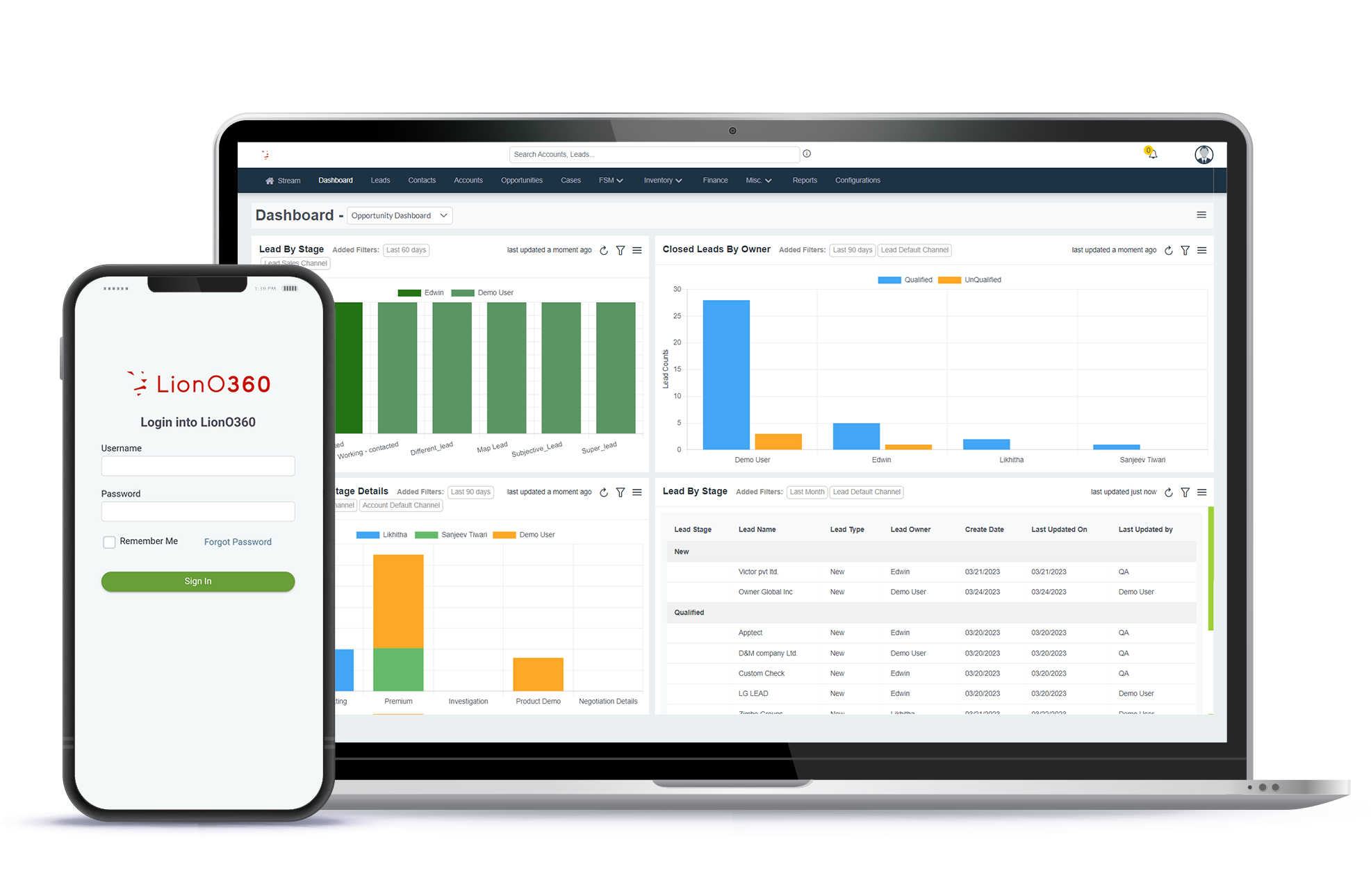![]()
Nowadays, precision, accountability, and traceability for businesses are paramount. They can no longer afford to lose track of their assets, products, or inventory items. Regardless of the land, whether it's a high-value electronic device, or even perishable items, it is critical to know where each unit has been, it currently is, and where it will be going. Serial number management in Enterprise Resource Planning (ERP) systems is a disruptive component that can accelerate improvements in these areas.
Serial number management has moved from being an optional value-added feature to being a strategic imperative within an ERP system. Serial number management adds granularity to inventory control, strengthens compliance, and expands the service provided at point of sale. While serial number management prescribes a technology and training investment, the pay-off in terms of traceability, productivity and risk mitigation outweighs any upfront cost.
Equipped with serial number management in their ERP ecosystem, organizations can claim with confidence control not only over their inventory, but each individual piece that moves through their global supply chain. Further, in this blog post we discuss how tracking serial numbers through ERP systems empowers businesses to coordinate individual units with confidence, advance operational efficiencies improve regulatory compliance.
What is Serial Number Management in ERP?
Serial number management is a process by which individual products or components are assigned a unique identifier, usually in the form of a serial number. ERP systems equipped with this feature enable businesses to record, monitor, and track each unit throughout its lifecycle—from production or procurement to sale, and sometimes even beyond, into returns or servicing.
This detailed ERP serial tracking system supports:
- Inventory accuracy
- Product recall management
- Warranty and service tracking
- Regulatory compliance
- Quality control
Key Benefits of Serial Number Management in ERP
Enhanced Traceability
Every product unit can be traced back to its origin, including information such as batch number, production date, supplier, and destination. This is particularly important in industries like healthcare and food where traceability is mandated.
Improved Inventory Control
With serial number tracking, inventory movement is recorded in real-time. This helps eliminate discrepancies, avoid stockouts or overstocking, and support cycle counting.
Streamlined Warranty and Service Management
Serial numbers are critical for identifying products under warranty. Service history and previous repairs can be easily accessed, reducing turnaround time for support and increasing customer satisfaction.
Simplified Recall Process
In case of defective products, businesses can quickly identify affected units and notify customers or suppliers, significantly reducing the scope and cost of recalls.
Stronger Regulatory Compliance
Many regulatory frameworks require detailed product history and audit trials. Serial number tracking ensures that you have complete documentation to meet such requirements.
Anti-Counterfeiting Measures
Unique serial numbers make it harder for counterfeit products to enter your supply chain. They also offer customers a way to verify authenticity.
Customer Satisfaction and Trust
Customers receive more efficient support and feel more confident in the product's authenticity and the company’s transparency.
Industries That Benefit the Most
-
Electronics & Technology:
Track each device from assembly to end-user. -
Pharmaceuticals:
Meet stringent FDA or global regulatory compliance. -
Aerospace & Defense:
Manage safety-critical components across long lifecycles. -
Automotive:
Maintain service and repair histories. -
Food & Beverage:
Handle recalls and ensure food safety. -
Retail:
Manage returns, exchanges, and theft prevention.
Challenges in Implementing Serial Number Management
Data Entry Errors
Manual entry of serial numbers can lead to costly mistakes. Barcode scanners and automated systems help minimize these errors.
System Complexity
Implementing serial tracking adds layers of complexity to ERP configurations. Each unit, not just the SKU, must be tracked, increasing data volume and management effort.
Training and Adoption
Staff must be trained in scanning devices, tracking procedures, and ERP interface use. Poor training can result in low adoption rates and inefficiencies.
Cost Considerations
Advanced tracking capabilities may require hardware (like scanners), software customization, and additional ERP modules.
Integration with Legacy Systems
Integrating serial number tracking with existing, non-compatible systems can be challenging without proper middleware or data migration strategies.
Best Practices for Effective Serial Number Management
- Use Scanning Devices: Barcode or RFID scanners drastically reduce data entry errors and speed up processing.
- Define Clear Policies: Standardize how serial numbers are generated, recorded, and reported.
- Automate Where Possible: Automate serial number assignment at the point of manufacture or receipt.
- Train Your Team: Comprehensive training ensures consistent usage and minimizes errors.
- Maintain Data Hygiene: Regularly audit and clean serial number data to avoid confusion or duplication.
- Leverage Reporting Tools: Use analytics and dashboards to track product performance, warranty claims, and service history by serial number.
LionOBytes ERP: Powering Product Lifecycle Automation
![]()
LionOBytes offer one of the top performer ERP for U.S. manufacturers. They allow organizations to automate and manage the product life cycle, from idea to retirement, in real-time, with speed and accuracy. The ERP System was built for today's corporation and allows seamless integration with product development processes, from idea to managing inventory, production planning to quality control.
LionO360 ERP gives an organization real-time details of how a product moves through the life cycle. The system is integrated providing teams with enhanced visibility and collaborative information; and streamlining every stage of the decision-making process. With LionOBytes ERP you can shorten the period of time to produce, procure and manage new products and all with enhanced traceability.
It is an ERP solution that changes as your company grows, it allows for all the control you require, along with simplicity in every part of your management process. Automate Smarter and Grow Faster with LionOBytes ERP! Book Your Free ERP Demo Now!
Also Read: A Guidance of Serial Number Tracking in ERP for Small Business Owners
Frequently Asked Questions
What is the serial number management system and how does it work?
Serial number management is an essential capability in today’s Enterprise Resource Planning (ERP) software. It allows a company to identify and keep track of individual items by assigning them a unique serial number. As is usually the case, the serial numbers will be created when the item is made, purchased, or when the item comes into inventory.
What if two bills have the same serial number?
If two bills are both using the same serial number it can lead to confusion, data inconsistencies, and compliance issues. When a user tries to enter a duplicate serial number, the system will generally alert them of possible duplicates in the system or blocking the transaction from completing thereby ensuring that the system is optimized to maintain the uniqueness of records.
What industries benefit most from serial number management in ERP?
Industries that benefit the most from serial number management include electronics, automotive, pharmaceuticals, aerospace, and healthcare. In these sectors, tracking individual components or products is essential for ensuring safety, compliance, and customer service.
Why do businesses use serial number management systems?
Businesses adopt serial number management systems for a variety of reasons. They help in tracking products across the supply chain, facilitate warranty and return processes, and improve inventory accuracy. Moreover, serial number tracking ensures regulatory compliance in industries with stringent quality controls and reduces the risk of theft or counterfeiting.
How does a serial number management system help track inventory?
In terms of inventory management, the system enables real-time tracking by associating every unit with a unique serial number. This allows organizations to monitor product movements, manage stock levels, and trace historical data for each item. As a result, it enhances operational efficiency, minimizes stock discrepancies, and supports better decision-making.












